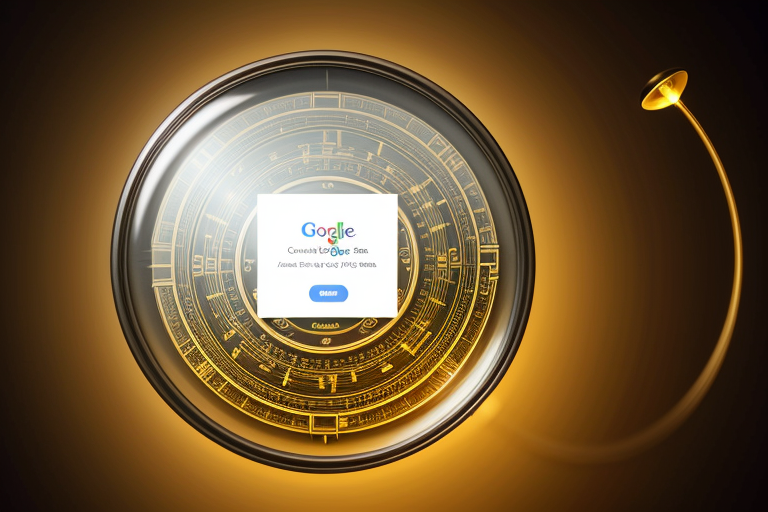The technique known as scrolljacking has sparked a debate about its influence on Google Search rankings. Google’s John Mueller recently discussed this matter, shedding light on how scrolljacking indirectly affects a website’s visibility. While Google does not explicitly penalize scrolljacking, it is important to understand its implications. This article explores the relationship between scrolljacking and Google Search rankings.
Scrolljacking changes the way webpages scroll by overriding the browser’s scroll functionality. It allows websites to create captivating scrolling experiences, like parallax effects and smooth scrolling. While scrolljacking enhances visual appeal and interactivity, it has faced criticism for potentially providing a poor user experience.
According to Mueller, scrolljacking may not directly impact a website’s rankings. However, its indirect impact lies in potential rendering issues. Google’s systems render web pages by loading them as if they were displayed on a large mobile device. If scrolljacking causes content to be improperly visible or prevents it from being seen properly, Google’s systems might mistakenly assume that the content is not visible at all, potentially affecting its ranking.
It is crucial to note that Google does not penalize or take manual actions specifically for scrolljacking. Instead, Google prioritizes delivering the best user experience and high-quality content to its users. Consequently, while scrolljacking may not inherently be a quality issue, it can indirectly impact a website’s rankings if it hampers content visibility or creates technical problems.
Another consideration is how scrolljacking affects Google’s crawling and indexing of content. Scrolljacking can complicate scroll events, which may influence how Google crawls and interprets the content on a webpage. This can have significant implications for both the visibility and ranking of the website.
Despite potential concerns, scrolljacking continues to gain popularity across the web. Many websites use this technique to create visually captivating experiences that engage users in unique ways. However, website owners and developers must carefully weigh the pros and cons of scrolljacking and consider its impact on their site’s search visibility.
To ensure that scrolljacking does not negatively impact a website’s rankings, it is advisable to pay close attention to how content is displayed and ensure that it remains properly visible. This can be achieved through thorough testing and optimization, ensuring that Google’s systems can accurately render and interpret the website’s content.
In conclusion, scrolljacking may have an indirect impact on a website’s ranking in Google Search. While it may not directly result in penalties or manual actions, its potential to hinder content visibility and create technical issues can indirectly affect rankings. Website owners and developers must carefully evaluate the use of scrolljacking, considering both the benefits it offers in terms of user experience and the potential consequences on search visibility. By striking the right balance, websites can create captivating experiences without compromising their search rankings.











